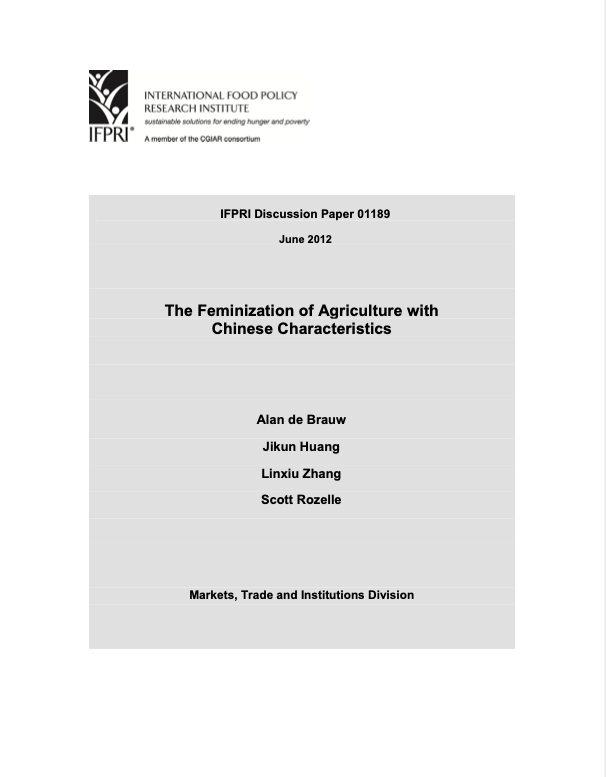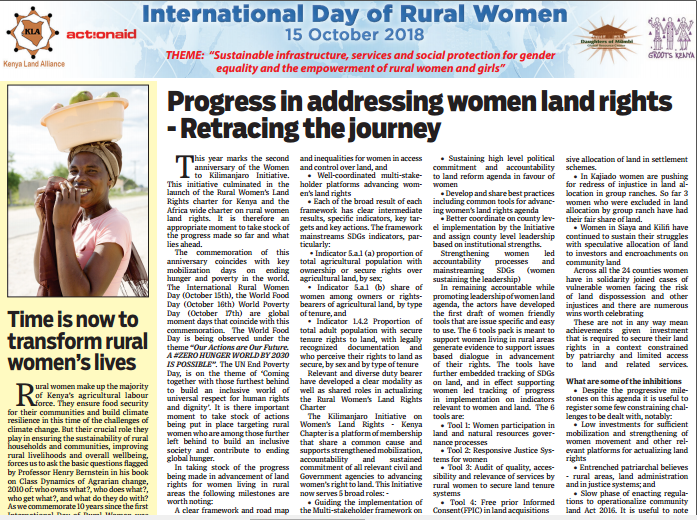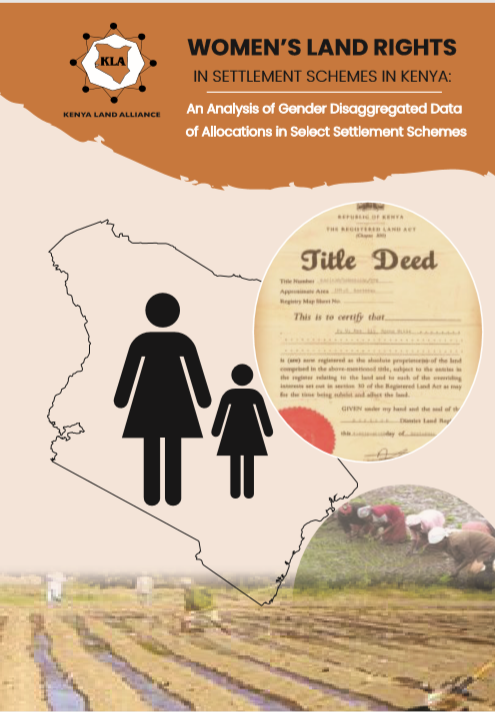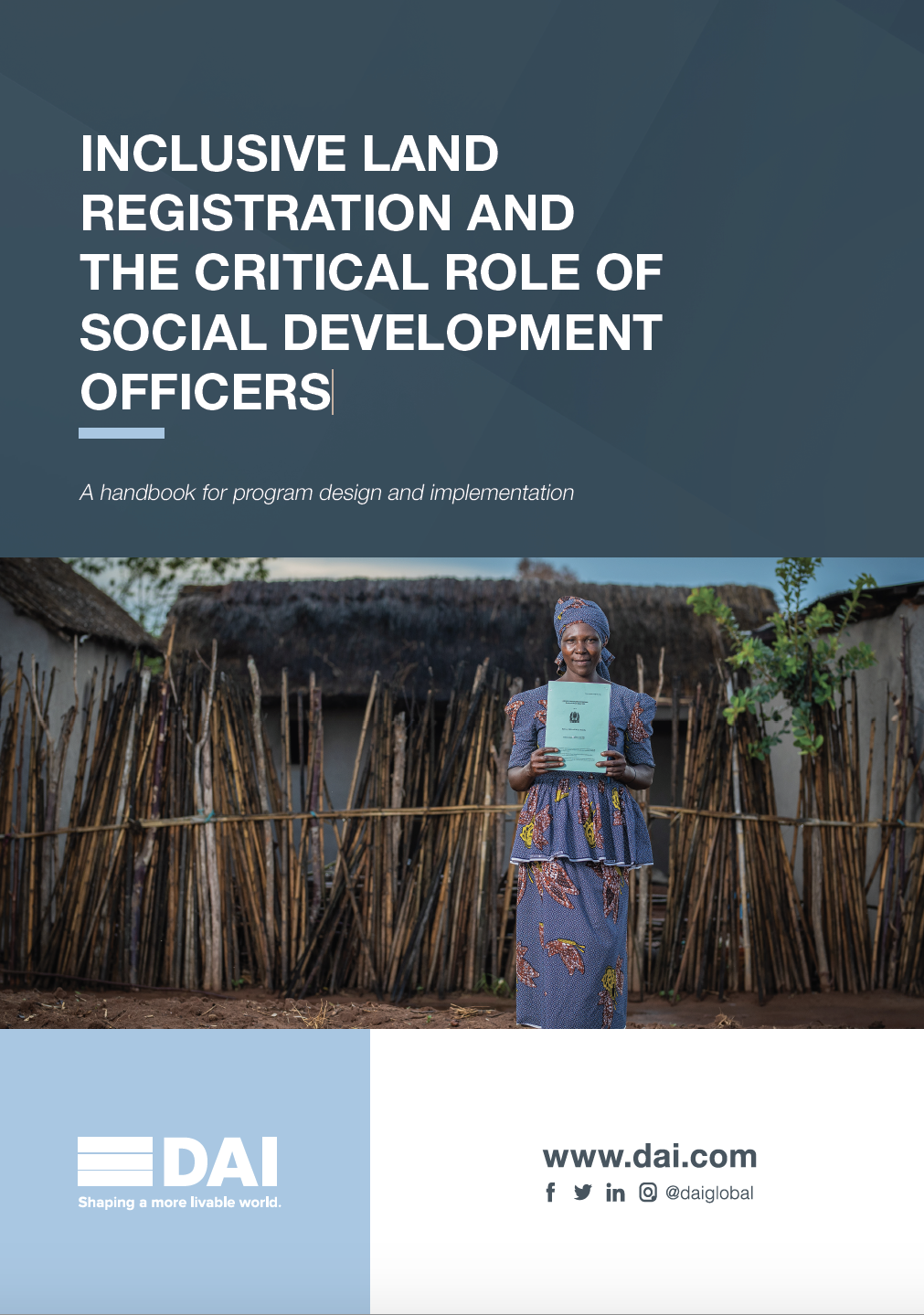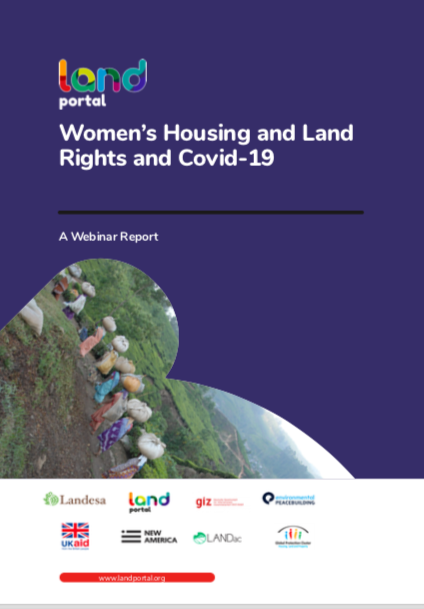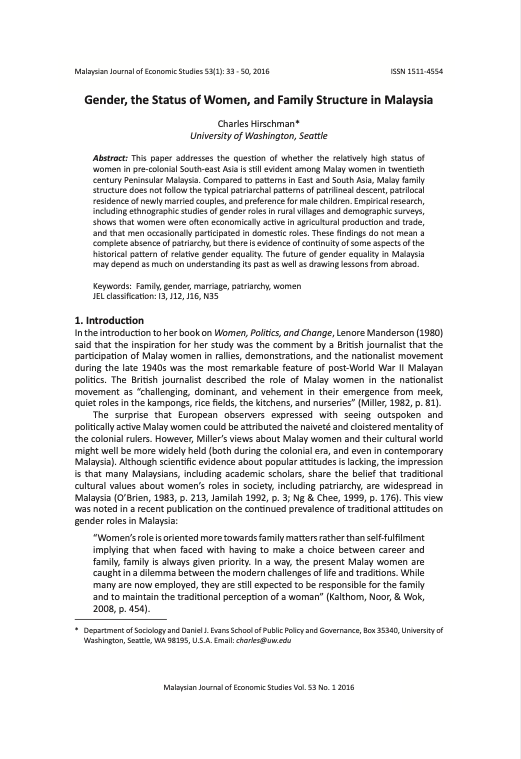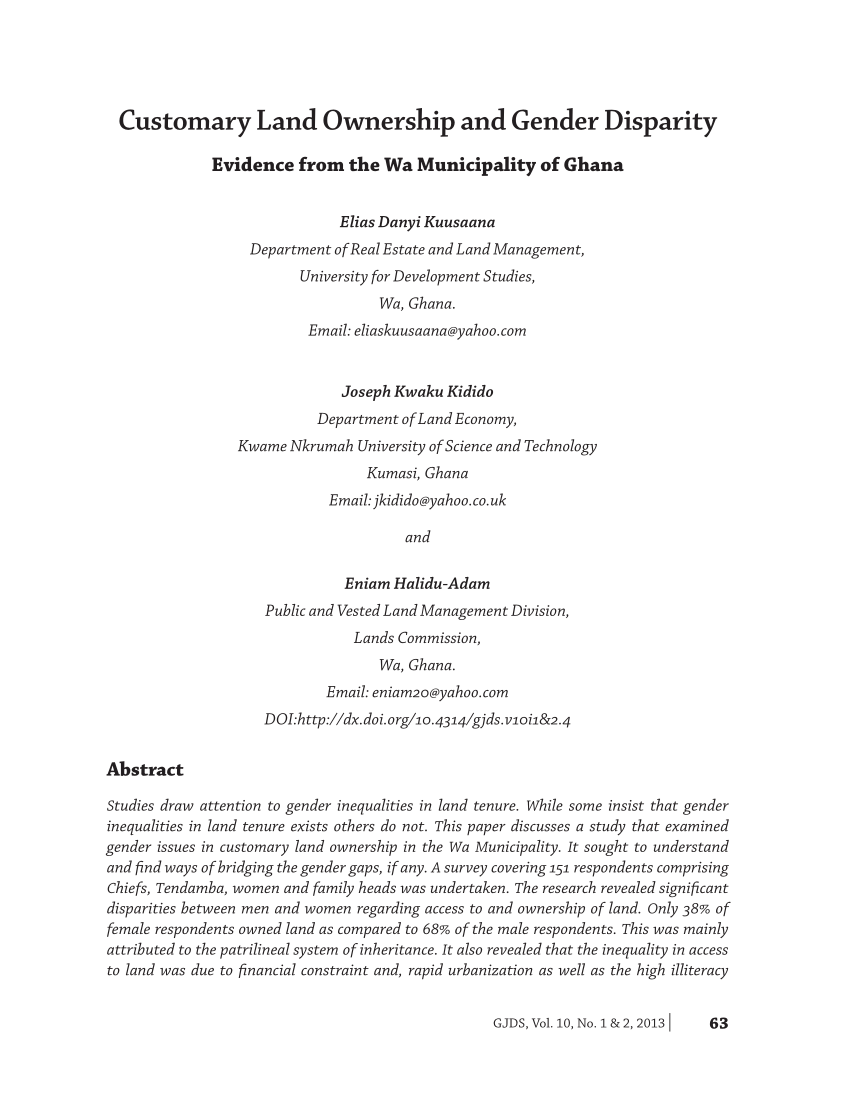The Feminization of Agriculture with Chinese Characteristics
The objectives of this paper are to help build a picture of the role of women in China’s agriculture, to assess whether or not agricultural feminization has been occurring, and if so, to measure its impact on productivity. To meet these goals, we rely on three datasets that allow us to explore who is working on China’s farms and the effects of the labor allocation decisions of rural households on productivity. We find that since 2000, the role of women has increased both in the supply of farm labor and in the duties that women take on in the management of farms.

